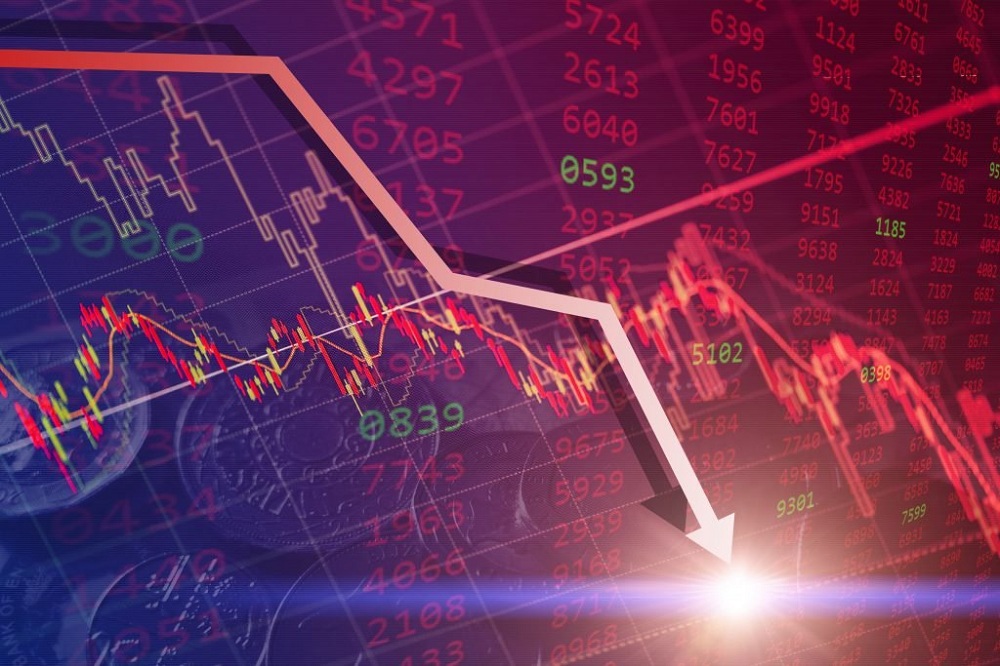Traders and stock brokers often compare Forex and stock markets when deciding which market is better to trade their business shares. These two types of markets are similar to their very nature but also vastly different. On the NY stock exchange there are around 3000 stocks listed whilst in NASDAQ list you will find another 3,300. The choice is more than big but with the Forex eight major currencies is easier to keep an eye on. When choosing between Forex and thousands of stocks, it also depends on what suits you best. Knowing the similarities and differences will help you to make wise trading decisions based on things such as trading hours, market conditions, volume and liquidity. Let’s see their main features and potentiality.
Features and Potentiality of Forex and Stock Markets
- Currency focus
There are a hundred currencies you can focus on while trading in the stock. Forex is focused on trading in currency pairs converging around eight currencies.
- Opening hours
The opening hours of the stock market depend on the actual trading hours. Thus, all transactions must take place within the predefined period of trading hours. On the other hand, Forex is open 24 hours a day, 5 days a week, offering continuous access to market fluctuations no matter where you are.
- Volume
The major difference between Forex and stock markets is the size of the market. Forex is trading approximately $5 trillion per day, with most trading converging around several major pairs such as EUR/USD, USD/JPY, GBP/USD and AUD/USD. The volume of Forex market is estimated to around $200 per day. Due to such a large trading volume Forex bring many advantages to brokers. High volume implies traders can generally have their orders easily executed according to the prices they need. All types of markets are facing gaps, so having enough liquidity facilitate traders in many ways when entering and leaving the market.
- Liquidity
A market that trade in higher volume mostly have high liquidity which lead to lower transaction costs and low spreads which is typical for Forex major pairs EUR/USD, USD/JPY, GBP/USD and AUD/USD. We can say that this one of the most important advantages of Forex trading.
- Commission
Forex trading is based on difference between the buying and selling stock prices and in most cases there is no commission. Regarding the equities traders sometimes have to pay to a broker not just commission, but also the spread.
- Technical Analysis
This type of financial analysis uses patterns to advise traders on the best strategies of buying and selling. Both markets rely on this analysis when making decisions since prices and currencies are ever-changing. That’s why it is crucial to have a good technical analysis program if you wish to generate decent revenues.
Wrap Up
When it comes to making decisions on whether to trading stocks or Forex, the arguments always bring us back to Forex trading, being more affordable, easier to access and offering incomparable availability. It is less demanding in terms of account opening and margin, and it allows more flexibility in trading style, whether with a short term, medium or long term strategy.
If you aim to make a transition from Forex to stock also market keep in mind that whilst Forex movements are propelled by interest rates, stock movements are based on balance sheet projections. When it comes to controlling the market, the large size of Forex makes market controlling and manipulation less likelihood.
Finally, the Forex trader does not care if the market is bearish or bullish, since for them potential gains are present on both sides of the market.








